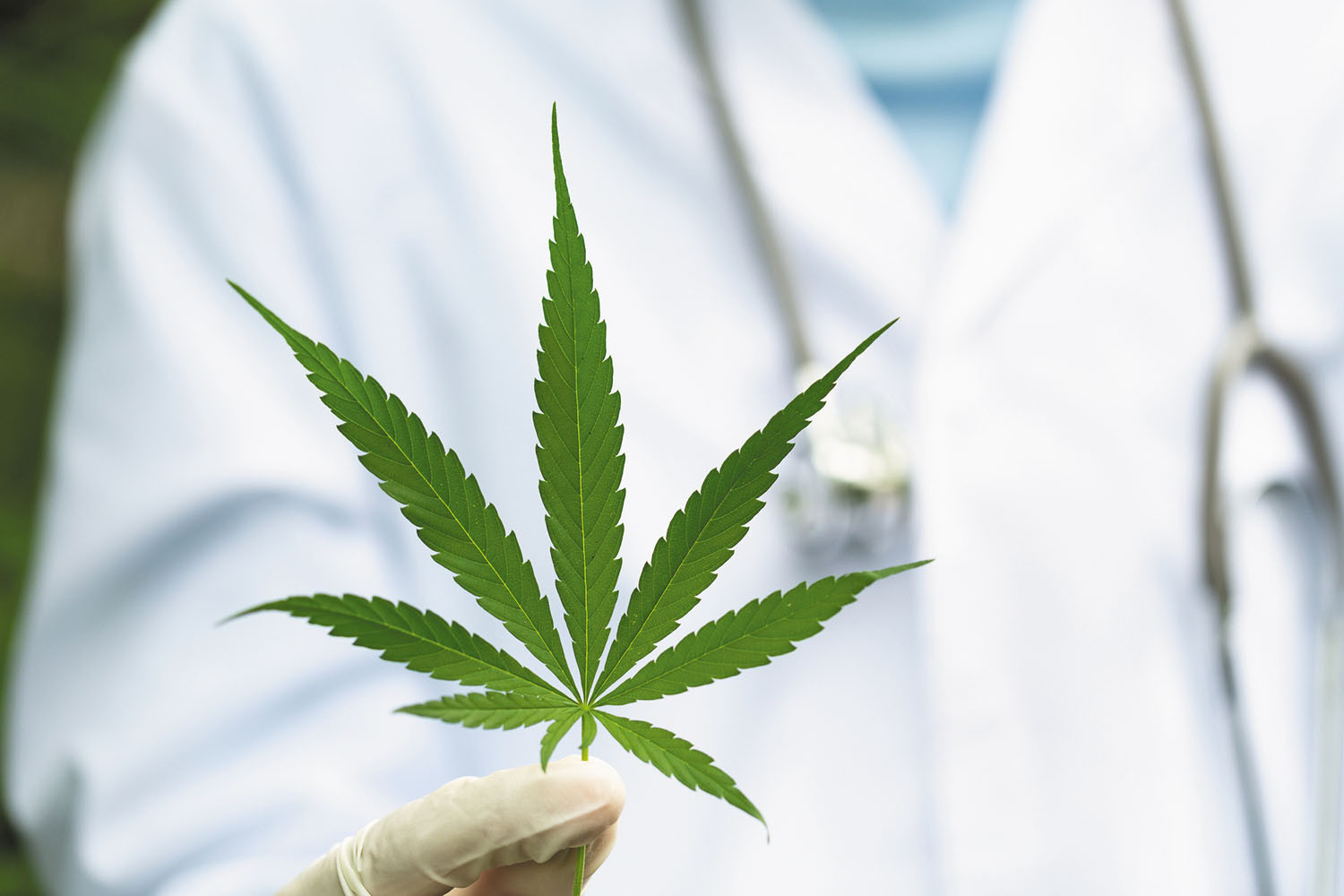Shedding Light on What Medical Cannabis Can Treat: a Comprehensive Evaluation of Its Healing Properties
In the last few years, there has been a growing interest in the healing potential of clinical cannabis. Research has actually recommended that this plant, with its variety of substances, could hold pledge in addressing various clinical problems. From chronic pain management to epilepsy therapy, and from queasiness relief to anxiety reduction, the extent of its possible applications seems considerable. While anecdotal proof abounds, a complete evaluation of the clinical information pertaining to the effectiveness of medical marijuana in dealing with these problems is required. This evaluation intends to give a nuanced understanding of the current landscape of medical cannabis as a possible therapeutic representative, clarifying its abilities in a much more detailed manner.
Chronic Discomfort Management
Persistent pain administration remains a vital aspect of healthcare, necessitating a comprehensive strategy for effective therapy. In recent times, medical cannabis has emerged as a possible restorative alternative for people struggling with persistent discomfort problems. The endocannabinoid system, which plays an essential role hurting inflection, has been targeted by cannabis-based treatments to enhance and reduce signs high quality of life for individuals.

Additionally, medical marijuana provides a promising choice for people who experience intolerable side results from conventional discomfort drugs. Its capability to deal with discomfort through a various system makes it a valuable addition to the arsenal of treatments readily available for chronic discomfort management.
Epilepsy Therapy Prospective
Clinical cannabis has actually shown encouraging capacity in the therapy of epilepsy, offering an unique therapeutic strategy for managing seizures in individuals. Epilepsy is a neurological disorder defined by recurrent seizures, affecting people of any ages. Typical treatments for epilepsy consist of antiepileptic drugs, however these drugs might not be efficient for all people and can have considerable adverse effects.
Research on using medical cannabis for epilepsy has disclosed encouraging outcomes. Cannabidiol (CBD), a non-psychoactive substance found in cannabis, has actually been especially highlighted for its anticonvulsant residential or commercial properties. Research studies have actually revealed that CBD can reduce the frequency and intensity of seizures in people with treatment-resistant forms of epilepsy, such as Dravet syndrome and Lennox-Gastaut disorder.
In Addition, the FDA has approved a CBD-based medication, Epidiolex, for the therapy of seizures connected with these severe forms of epilepsy. This turning point emphasizes the growing recognition of medical cannabis as an important restorative alternative for taking care of epilepsy and gives wish for patients that have not reacted well to conventional treatments.
Queasiness Relief Perks
The reduction of nausea or vomiting with making use of cannabis has been increasingly recognized for its restorative benefits in different medical problems. Nausea and vomiting prevail signs and symptoms experienced by individuals undertaking chemotherapy, those with food poisonings, and people with persistent discomfort problems. Clinical cannabis, with its energetic compounds such as THC and CBD, has shown promise in giving remedy for nausea.

Additionally, medical marijuana provides a natural alternative for individuals that do not react well to traditional anti-nausea medications or that experience serious adverse effects from these drugs. People undertaking chemotherapy, particularly, have actually reported considerable enhancements in their high quality of life when using cannabis to handle nausea. As study in this location remains to expand, medical marijuana is significantly being thought about as a valuable alternative for nausea or vomiting relief in numerous medical setups.
Anxiety Decrease Impacts
Researches have shown the potential of marijuana in decreasing anxiety signs through its interaction with the endocannabinoid system. The endocannabinoid system plays a crucial function in regulating emotions, consisting of stress and anxiety, by maintaining homeostasis in the body. Cannabinoids in cannabis, such as THC and CBD, connect with the endocannabinoid receptors in the brain, particularly the CB1 and CB2 receptors, to modulate anxiety-related actions.

Patients with conditions like generalised anxiousness disorder (GAD), social stress and anxiety problem, and trauma (PTSD) may profit from the anxiolytic residential or commercial properties of cannabis (Medical Marijuana Card Clinton MS). Nevertheless, more study is required to establish optimal dosages, shipment techniques, and lasting effects on anxiousness monitoring.
Possible for Swelling Control
With its recognized anti-inflammatory buildings, marijuana has shown promise in potentially controlling swelling within the body. Inflammation is the body's all-natural action to injury or infection, however when it ends up being chronic, it can family planning near me add to different illness such as arthritis, inflammatory bowel condition, and even heart illness. Research study suggests that the cannabinoids located in marijuana, such as THC and CBD, can assist minimize and regulate the immune response inflammation.
Research studies have revealed that cannabis can interact with the endocannabinoid system, which plays a crucial function in regulating swelling. By targeting the cannabinoid receptors, marijuana compounds can regulate the immune reaction, resulting in a decrease in swelling levels. This makes marijuana a potential candidate for handling inflammatory problems where conventional treatments have fallen short.
Additionally, cannabis-derived products like CBD oil have gotten appeal for their anti-inflammatory residential properties, with numerous people using them as an all-natural solution for problems associated with swelling. While more research study is needed to fully recognize the mechanisms behind marijuana's anti-inflammatory effects, existing findings reveal promising results for the possible use clinical cannabis in managing inflammation.
Final Thought
In conclusion, clinical cannabis has actually revealed promising restorative homes in managing chronic discomfort, dealing with epilepsy, easing nausea, reducing stress and anxiety, and regulating swelling. Its potential benefits in different medical conditions highlight the relevance of further research and expedition into its medicinal usage. The proof recommends that medical cannabis might be a family eye center beneficial alternative treatment choice for people seeking remedy for a variety of signs and symptoms and problems.
In current years, clinical marijuana has actually arised as a possible therapeutic choice for individuals experiencing from chronic pain problems.Medical marijuana has actually revealed encouraging potential in the treatment of epilepsy, providing a novel restorative method for handling seizures in individuals. As study in this location proceeds to expand, medical cannabis is progressively being thought family planning near me about as a useful choice for nausea or vomiting relief in various clinical setups.
In conclusion, medical cannabis has actually revealed encouraging therapeutic residential properties in handling persistent pain, treating epilepsy, relieving nausea, reducing anxiety, and regulating swelling. The evidence suggests that clinical marijuana could be an important alternative therapy alternative for individuals seeking relief from an array of problems and signs.